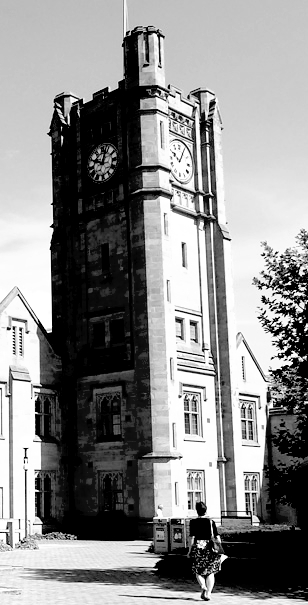Degree fee plan stands down
 Education Minister Simon Birmingham says the controversial university deregulation plan will go away for now.
Education Minister Simon Birmingham says the controversial university deregulation plan will go away for now.
Many expected the Turnbull Government to give up on the plan to let universities set their own prices for degrees, as the measure was condemned by the public and Senate in its previous incarnations.
Senator Birmingham said this week that the legislation will not be reintroduced before the next election.
In his speech at the Times Higher Education Conference, he said the legislation's repeated failure in the Senate created “an air of uncertainty for our higher education sector”, though he did not mention the unpopular idea’s effect on LNP support.
“With only three months left in 2015, it is necessary to give both universities and students certainty about what the higher education funding arrangements for 2016 will be,” Senator Birmingham said.
“Therefore, today I am announcing that higher education funding arrangements for 2016 will not be changed from currently legislated arrangements while the Government consults further on reforms for the future. Any future reforms, should they be legislated, would not commence until 2017 at the earliest.”
Chief executive of Universities Australia, Belinda Robinson, later told ABC reporters that she hoped parts of the conversation would be kept alive.
“There is no doubt in our mind that [Senator Birmingham] is absolutely genuine about the need to reset the debate in some ways, providing the opportunity for communication with all stakeholders around this really critical issue,” she said.
“The most disappointing thing that would happen after all of this is that the reforms get dropped and there is no further conversation about higher education reforms, because we do need it.
“We do need to fund our universities and our research programs more sustainably.”
Also at the Times Higher Education Conference, it was revealed that six Australian universities now rank in the global top 100
UNSW has made the cut along with five universities already in the top 100 – Melbourne, Australian National University, Sydney, Queensland and Monash.
The top-ranked local, the University of Melbourne, maintains its spot at 33rd in the world.
Caltech, Oxford, Stanford, Cambridge, MIT and Harvard are considered the world's top six, in that order.
A recent revamp of the Times Higher Education ranking system appears to have been kind to Australia's universities.
The number of data points behind the rankings has reportedly gone from just six to about 100, while universities from 30 countries which were not represented before have now been included as well.








 Print
Print